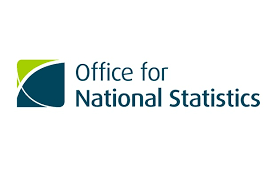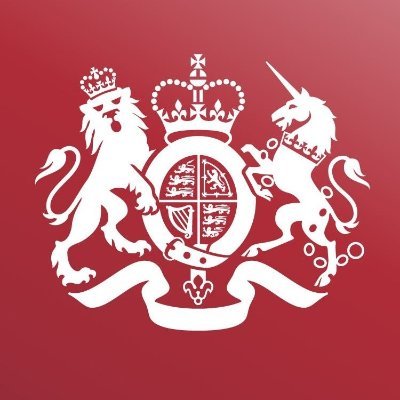New Wireless Telegraphy (Exemption) Regulations 2021
The new regulations will come into force on 12 May 2021 and will implement the decisions below.
Wi-Fi & other Radio Local Area Network (RLAN) technologies
An extra 500 MHz of spectrum from 5925 to 6425 MHz will be allocated for Wi-Fi and RLAN devices and the Dynamic
Frequency Selection (DFS) requirements in the 5.8 GHz band (5725 to 5850 MHz) is being removed. Both these measures will make more channels available, increase capacity and reduce congestion in existing Wi-Fi bands caused by increasing numbers of connected devices. (more…)










